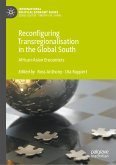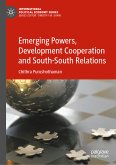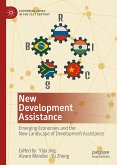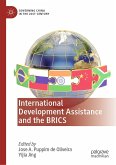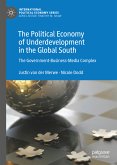This book examines the direction of the BRICS association. Beginning with historical analyses of the broader Global South and the fundamental composition of the BRICS countries and then moving on to present trends, The BRICS Order evaluates the variables that will influence the association's future. While the BRICS as a forum emerged as a result of the visible fragmentation of the post-1945 world order, it itself remains dogged by issues emanating from internal divergences among member states and from external factors. The contributors interrogate the extent to which this formation of "emerging economies" is indicative of a challenge to the West, or in fact a complimentary relation. Integral to these studies - which encompass examinations of such diverse areas as governance systems, issues in bilateral relations, security threats, multilateral institution building, the transnational creation and dissemination of knowledge, and technological innovation - are patterns of convergence and divergence which render the countries not a formal alliance, but as signifiers of a multilateral future in which the West is itself to become more heterogeneous and thus become occasionally complemented depending on the vacillating consensus within the BRICS association and on the interests of the BRICS countries at different points in time.
Dr. David Monyae is Executive Director of the University of Johannesburg Centre for Africa-China Studies.
Dr. Bhaso Ndzendze is Research Director at the University of Johannesburg Centre for Africa-China Studies and a Senior Lecturer in the University of Johannesburg's Department of Politics and International Relations.
Dieser Download kann aus rechtlichen Gründen nur mit Rechnungsadresse in A, B, BG, CY, CZ, D, DK, EW, E, FIN, F, GR, HR, H, IRL, I, LT, L, LR, M, NL, PL, P, R, S, SLO, SK ausgeliefert werden.



